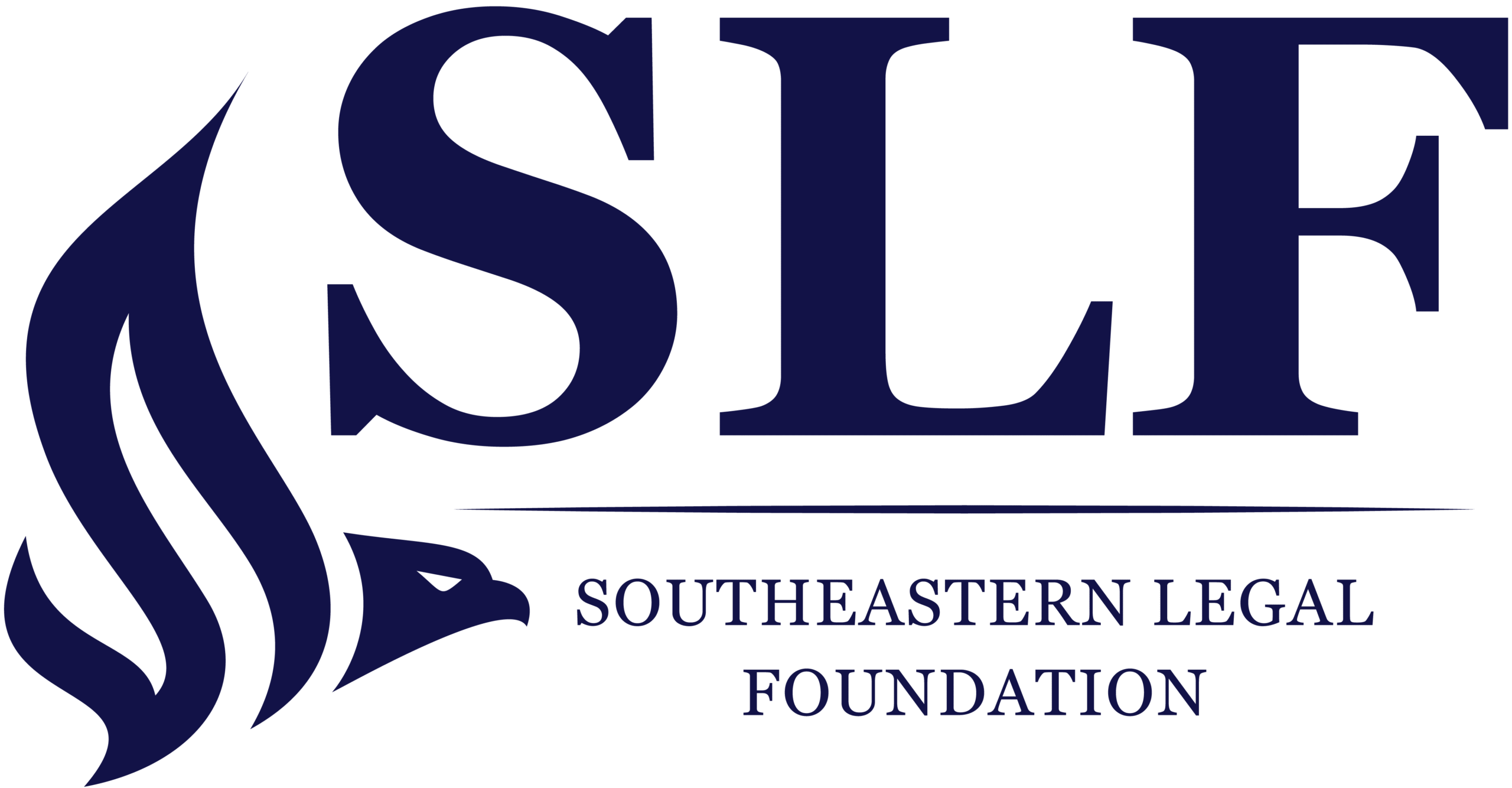As students return to their college campuses this month, Southeastern Legal Foundation continues to fight for their constitutional rights. Today, SLF sent a letter to the latest offending school – University of Miami – warning them that their dystopian COVID-19 reporting scheme runs afoul of the Constitution. The suspect policy authorizes and encourages students to report other students who either have COVID symptoms or are engaged in “unsafe behavior.” Reported students are investigated and threatened with punishment like suspension if the University determines that the students failed to comply with COVID policies and guidelines.
Read More
The University’s Student Health Service COVID-19 webpage provides a link to “report concerns about unsafe behaviors of student groups or individual students.” That link directs students to a Reporting Form where they can provide the name, contact information, and a description of any concerns they have regarding any student’s behavior or symptoms related to COVID-19.2 The Form also asks which organizations the reported student is involved in. In a recent press release to students, the University warned that, whether on or off campus, “events simply cannot happen.”
The University then went on to declare, “If you are aware of or witness unsafe behavior, we encourage you to submit a report—anonymously if you wish—to our ’Canes Care for ’Canes team.” Finally, the University threatens students with a “zero-tolerance policy,” including suspension or the removal of privileges, if students fail to comply with University guidelines.
In the letter, SLF advises that the policy offends not only students’ First Amendment rights, but also their right to privacy. The policy includes terms like “unsafe behavior” that are so vague, students can’t know how to comply with the complicated rules. And even worse, the reporting form is so broad that any student can be reported for any reason.
The University of Miami’s Reporting Form could be invoked to infringe on student speech. First, the Form appears to be vague and overbroad. A policy violates the Constitution when it is so broad that it infringes on constitutionally protected activity. The category of students who can be reported in the Form is boundless. Under these terms, a friend of a friend of a friend who has been exposed to a student who sneezes can be reported. Moreover, the Form is vague.
Students have no way of knowing what will be reported and what the school will do when a symptom is reported. For instance, if a student complains of a headache, will she be subjected to an investigation? Will the school ask her to leave campus for two weeks? Will her roommate meet the same fate? What about her peer who sits on the other side of the lecture hall from her? Additionally, the University warns against “unsafe behavior” without defining what that means. In this way, the Form is unconstitutionally vague and overbroad because it provides no clear guidelines for students, both who file reports and who are the subjects of the reports.
In addition to violating students’ First Amendment rights, the Reporting Form could also violate their Fourth Amendment rights. Under the Fourth Amendment, individuals cannot be subjected to unreasonable searches and seizures. The Supreme Court has even considered that right in the context of cheek swabs. The Court has held that a criminal arrested and charged with a serious crime can be subjected to a DNA cheek swab, so long as the charges are supported by probable cause, meaning there must be sufficient likelihood that the crime occurred. However, a swab is unconstitutional if there is no probable cause, the charge is not criminal, or if the DNA is used to gather medical information about the criminal.
SLF will continue to monitor the situation and remains hopeful that the University of Miami will do all it can to protect its students’ rights and repeal the constitutionally suspect policy.
